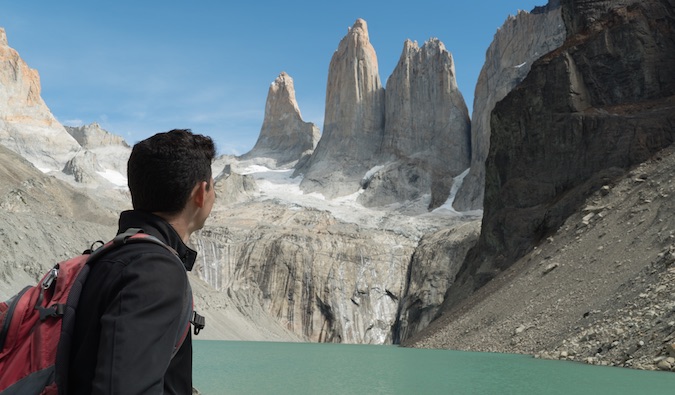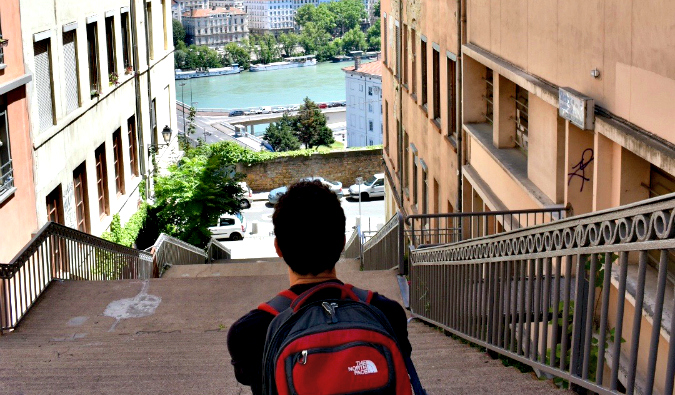 Posted: 05/28/2013 | May 28th, 2013
Posted: 05/28/2013 | May 28th, 2013
I can count on one hand all the places I visited before I was 23. Travel wasn’t part of my upbringing. It wasn’t something my family did outside of the occasional road trip to visit my grandmother in Florida.
In college, I skipped studying abroad because I was afraid I might miss something. I went to Montreal twice, because when you’re under 21 and can’t afford spring break in Cancún, Montreal is the closest place to go when you live in Boston. It wasn’t until I was 23 that I left North America to visit Costa Rica, and I only did that because that’s what I thought you were supposed to do when you work. With two weeks of vacation a year, you’re supposed to go somewhere and have fun, right? It wasn’t that I had a burning desire to travel; it was just something I thought I had to do.
But that trip to Costa Rica changed my whole life. After that, I was hooked. I was in love. I was addicted. I needed to travel in my life.
A couple of months ago, I told this story during a radio interview and the host called me an accidental traveler.
I liked that phrase. The accidental traveler.
I’d never thought about it that way before, but it’s fitting.
In the beginning, I had no burning desire to travel; it was just something that happened. Travel became part of my life only as an afterthought. I never woke up wanting to be nomadic.
Being called an accidental traveler made me think about the journeys we take as people.
Are they deliberate, or do they just happen? How many times do we discover our journey only while we’re in the middle of it?
I think about the journey I’ve taken. It began first as a simple desire to travel more, then changed to a stronger desire to take a gap year, and then became wanting to travel forever. I fell into travel writing as a way to make that happen.
Now I can’t imagine doing anything else with my life.
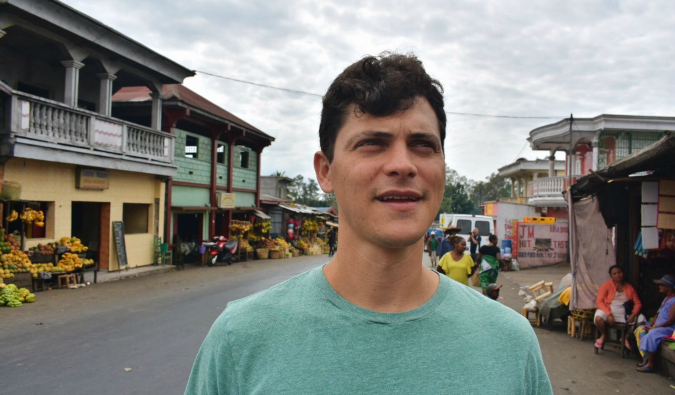
Each step, each twist and turn, happened without any prior planning or thinking. In the words of Robert Frost, “way leads on to way.”
I found my path only while I was on it.
My mind sometimes goes back to when I was 23 and in Costa Rica. What made Costa Rica so special was that it showed me I could live life on my own terms. Travel allowed me to do what I wanted when I wanted. It made every day Saturday and filled it with endless possibility.
I think of my friend Chris Guillebeau, who recently finished his journey to visit all the countries in the world before his 35th birthday, and how he described his journey as one that evolved over time:
You want to see a couple of countries.
Then a couple more.
One day you wake up, and you’re on a quest to see every country in the world.
Just like one day, you wake up, and you realize you’ve become a world traveler.
You don’t know how it happened. You can’t really pinpoint the exact moment you or your life changed.
But it did.
Your one-year plan turns into 18 months, then 36 months, and then, suddenly, you’re celebrating five years on the road.
You’re a traveler. It’s in your blood. It’s who you are.
And you sit and write this in your favorite coffee shop in NYC, reflect on how you got here, think about all the other big moments in your life, and realize that the best ones all happened as accidents.
And as you get ready to travel again, you realize that sometimes just falling into something can be the best thing to happen to you.
One day, you set out on a path, and the road twists and turns, and you think you’re still on that same path until you stop and rest. Then you look around and realize you’re not where you intended to be, but someplace even better.
Then there, in this new world, as you get ready to celebrate being another year older, you come to the conclusion that no plan might be the best plan, and you’re happy letting life’s accidents lead the way.
How to Travel the World on $50 a Day
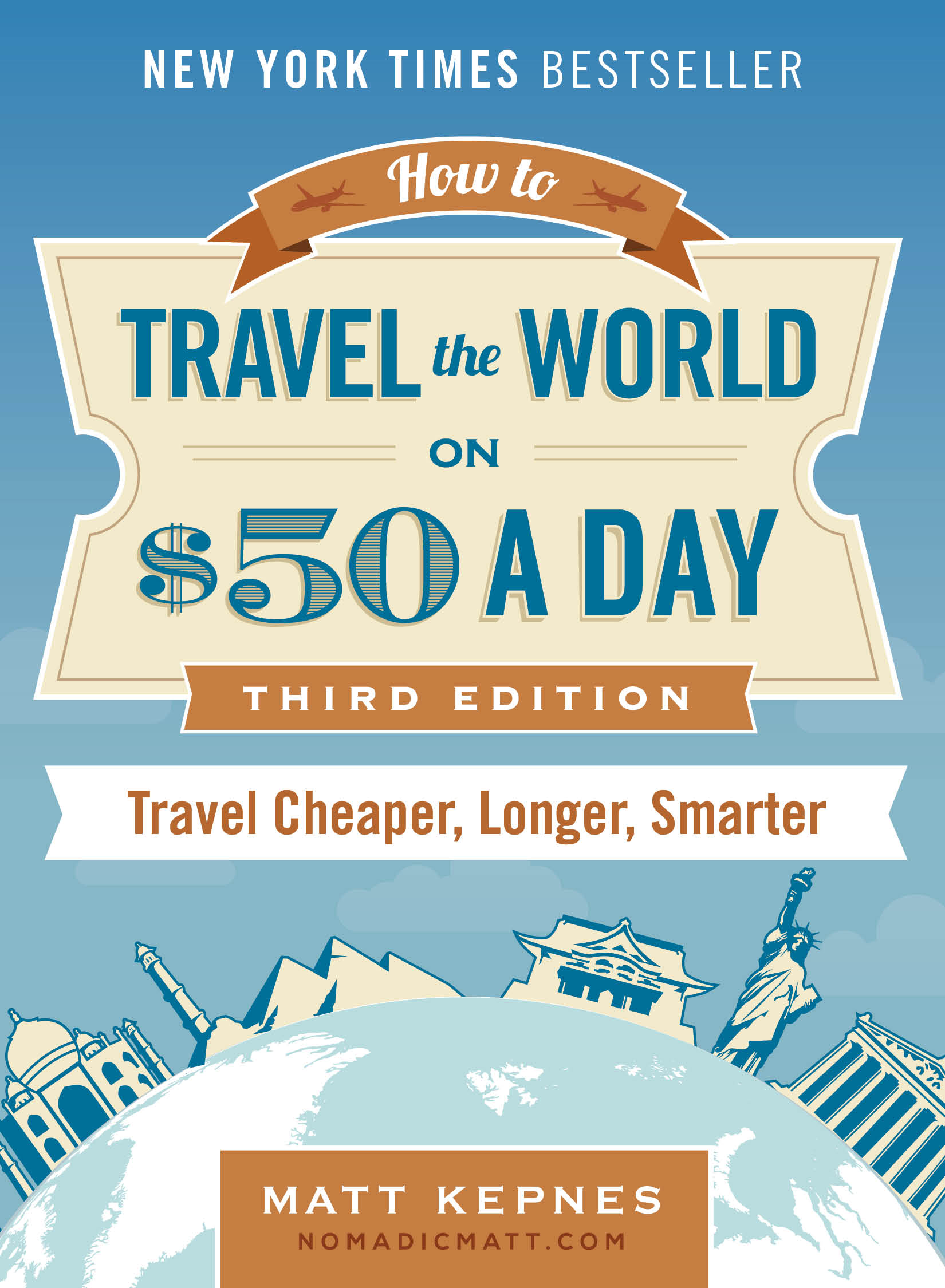 My New York Times best-selling paperback guide to world travel will teach you how to master the art of travel save money, get off the beaten path, and have a more local, richer travel experiences.
My New York Times best-selling paperback guide to world travel will teach you how to master the art of travel save money, get off the beaten path, and have a more local, richer travel experiences.
Click here to learn more about the book, how it can help you, and you can start reading it today!
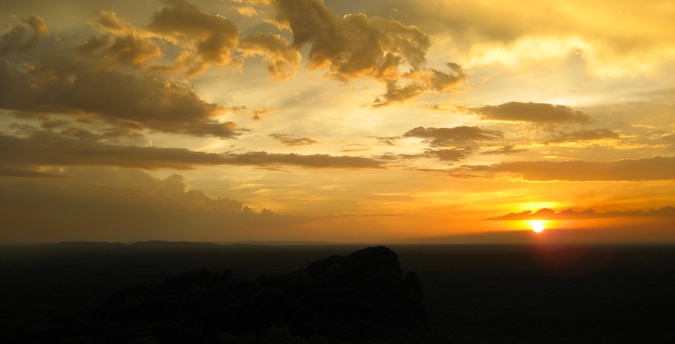 Posted: 12/09/2013 | December 9th, 2013
Posted: 12/09/2013 | December 9th, 2013 When I first began traveling, I imagined myself as Indiana Jones on the quest for the Holy Grail (definitely not some weird crystal-skull space aliens). My Holy Grail was that perfect travel moment in some off-the-beaten-path city no one had ever visited before. I’d have a chance encounter with a local that would give me a window into the local culture, change my life, and open my eyes to the beauty of humanity.
When I first began traveling, I imagined myself as Indiana Jones on the quest for the Holy Grail (definitely not some weird crystal-skull space aliens). My Holy Grail was that perfect travel moment in some off-the-beaten-path city no one had ever visited before. I’d have a chance encounter with a local that would give me a window into the local culture, change my life, and open my eyes to the beauty of humanity.
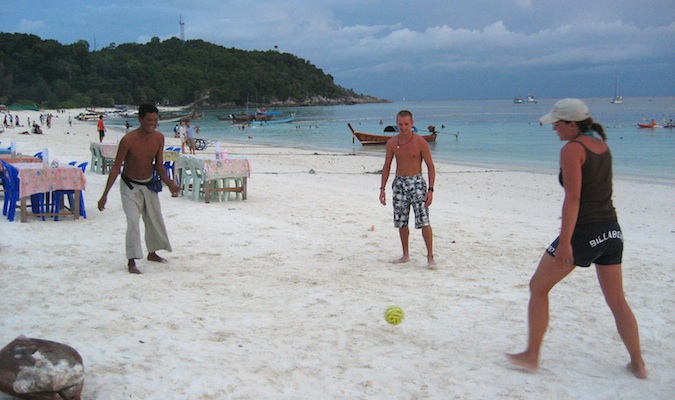
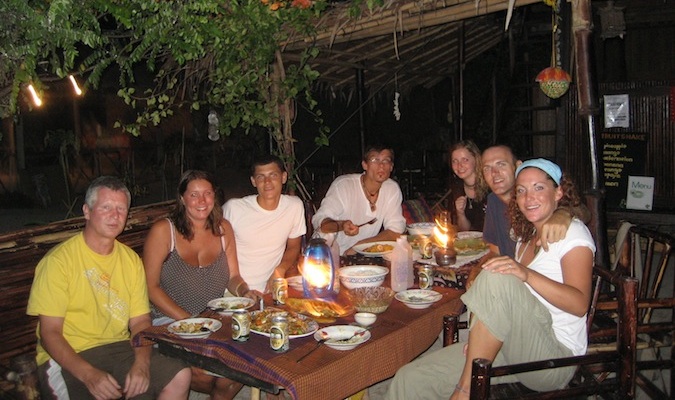
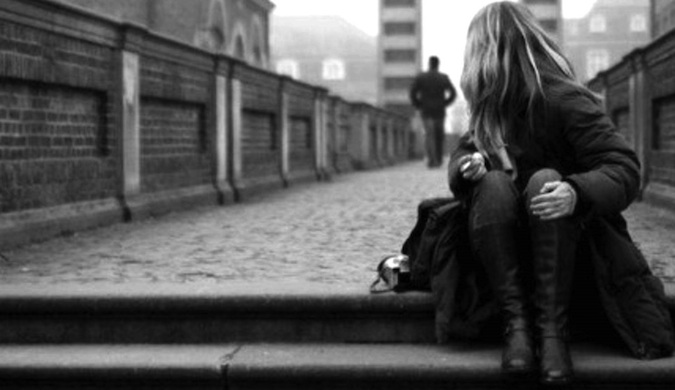 After months on the road, you find yourself back home and excited to resume old friendships. You plan dinners, get-togethers, and nights out. And, as some people fail to respond or show up, you begin realize an awful truth — while you were out exploring the world, your friends crept out the back door of your life.
After months on the road, you find yourself back home and excited to resume old friendships. You plan dinners, get-togethers, and nights out. And, as some people fail to respond or show up, you begin realize an awful truth — while you were out exploring the world, your friends crept out the back door of your life.